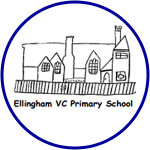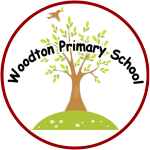Reading
Our aim is to foster a life-long love of reading; to nurture our pupils and reinforce that to read is an enriching experience, giving children a doorway into another world, as well as being key to academic success.
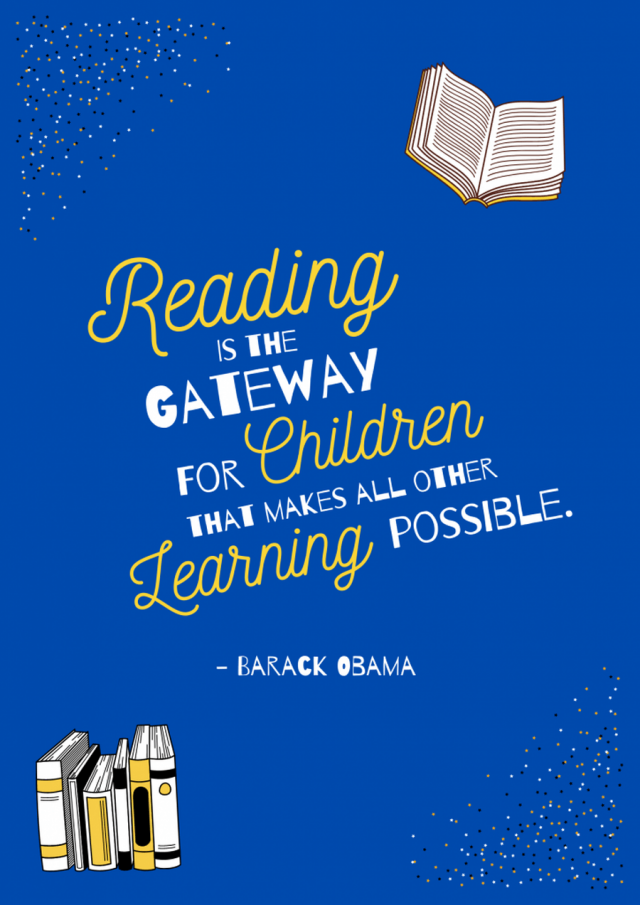
Our schools follow the 'Little Wandle Letters and Sounds Revised' synthetic phonics programme. As part of this, Reception children and children in Year 1 take part in daily phonics lessons, where children learn the sounds they need to help them to read. They are also taught to read decodable words and 'tricky' words - those that can't be decoded. In addition to these daily phonics lessons, the Reception and Year 1 children have group reading sessions three times weekly to continue to develop their decoding, prosody and comprehension skills.
Please click below to visit our Phonics page
In Key Stage 2 the children are taught reading in a whole class approach, which takes place 3 times weekly. This ensures children are exposed to a wide range of high-quality texts and use a variety of reading strategies to develop fluency, accuracy and understanding.
We have reading spines for each class to ensure our children are exposed to a range of high quality, diverse texts, covering fiction, non-fiction, poetry and picture books. Each classroom has an inviting reading area with a selection of high-quality books, many of which are from the class reading spine.
Please click below to see our reading spines.


Writing
Writing is communication. Writing is expression. Writing is power. It is essential to success.
Our aim is to make writing fun. To provide children with the opportunities to write for a real purpose, and with imagination and to develop and apply their writing skills across the curriculum.
Our intention is for pupils to be able to plan, revise and evaluate their writing, to share it and be proud.
In our schools
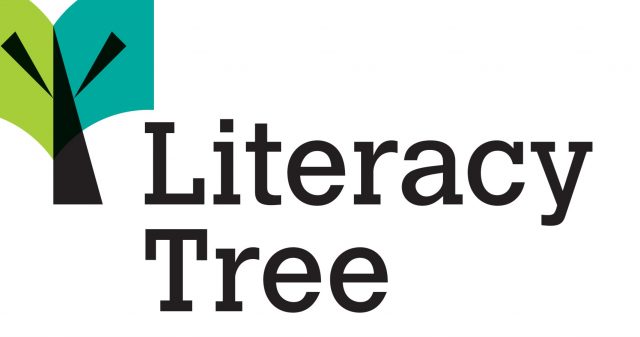
Across the Federation, we teach writing by following the Literacy Tree. Literacy Tree is a complete, thematic approach to the teaching of primary English that places children’s literature at its core.
How does it work?
Literacy Tree is an award-winning platform which has designed a curriculum which immerses children in a literary world, therefore creating strong levels of engagement to provide meaningful and authentic contexts for primary English. Children acquire an authorial style as they encounter a wide-range of significant authors and a variety of diverse fiction, non-fiction and poetry.
As a whole-school approach, children explore at least 50 literary texts and experience over 50 unique significant authors as they move through the school. It provides complete coverage of all National Curriculum expectations for writing composition, reading comprehension, grammar, punctuation, and vocabulary, as well as coverage of spelling. All plans lead to purposeful application within a wide variety of written outcomes. At our school, the Literacy Tree texts are mapped out to ensure progression and National Curriculum coverage across all year groups.
Grammar and Punctuation
Wherever possible, grammar and punctuation is explored and taught within a real context: this may be done through a quality text that the children are reading, or it could be in the shared writing which all adults model as part of the teaching process.
Spelling
Children in Year 2 follow Little Wandle Spelling.
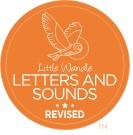
Little Wandle Spelling builds on children’s knowledge of the alphabetic code and teaches them how to spell with confidence. The programme provides a seamless link from the core Little Wandle programme to teaching spelling in Year 2. All spelling lessons follow the familiar structure of Little Wandle phonics lessons, supporting our children to make links to their phonics learning. Their daily spelling lessons build on prior knowledge to ensure children always start from a point of secure understanding.
Key Stage 2
Children from Year 3 to Year 6 follow Spelling Shed.
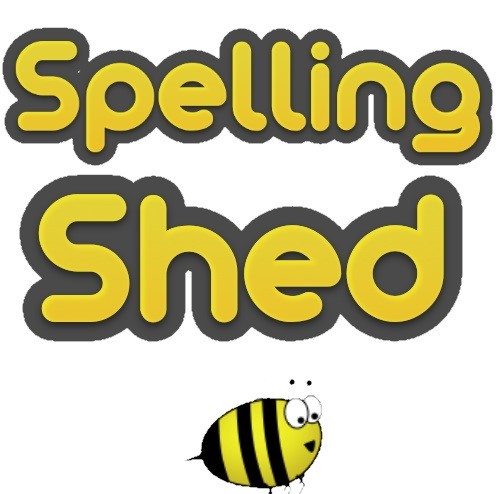
Each lesson has a main objective from the National Curriculum appendix for spelling and the spelling lessons are split into a number of sessions that are delivered over the course of a week. Taught spelling sessions include discussing spelling patterns, morphological exploration and orthographic mapping.
To support the children's learning and recall of their spellings, teachers set spelling lists for pupils to access on the online games, both at home and school.
